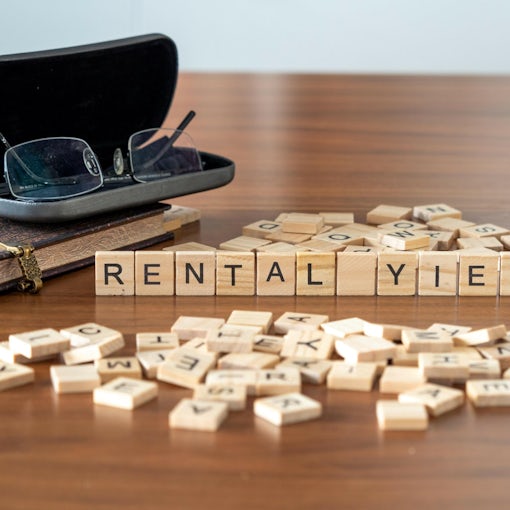Covid-19 led to the Government implementing emergency legislation covering many aspects of life. One of these was to suspend private rental sector eviction hearings in courts in England and Wales. This suspension of cases ran from March and ended on the 20th of September. After this date the courts started to hear eviction cases again but under a different set of rules. In this article we will look at the guidelines for actions to follow before taking an eviction case to court as it is important for a landlord to have followed and documented, as well as possible, a structured pre-action plan. If this has not happened, then the courts might refuse to hear the case.

Communicate
Communication is key and landlords and tenants should talk to each other as soon as possible if there are rent arrears or if rent arrears look likely, due to the impact of the Corona virus. Landlords should be as flexible as possible and try to understand what has caused the arrears and whether this was caused by the impacts of the pandemic. The landlord and tenant should also discuss whether they can agree on a payment plan to repay any arrears. Ideally this should all be documented as the court will want to see evidence of flexibility and that the landlord has tried to understand the tenant’s financial situation.
Vulnerability
The landlord needs to establish whether the tenant might be considered as vulnerable such as being a single parent or disabled. If the tenant could be classed as vulnerable, then the landlord should contact the local housing authority housing options team for advice and support.
Advice
Landlords, in a attempt to help the tenant as much as possible, should point them in the direction of organisations who might be able to help such as Shelter, Citizens Advice, the local housing authorities or even the universal credit helpline.
Statements
Landlords need to provide clear rent statements for at least 3 months or 13 weeks if rent is paid weekly. These should clearly show any temporary rent reductions that have been applied to help the tenant.
Benefits
If the tenant is claiming benefits, the landlord should explore options with them to have any housing benefit portion paid directly to the landlord. This could form part of an alternate payment arrangement which is possible under the new universal credit system.
Guarantors
If the tenant already has a guarantor in place, ensure that they are included in any discussions at an early stage. Bear in mind, though, that the financial situation of the guarantor might have changed as well. If the tenant has no guarantor, then discuss options to have someone stand guarantor for the tenant to ensure the rent is paid.
Mediation
If a landlord has had discussions with the tenant and no resolution has been found, before taking the case to court, they should consider professional independent mediation. This can often lead to a resolution without the time and expense of a court case.
Documentation
All conversations and contact between a landlord and a tenant should be clearly documented and presented to the court as required. It is important for both the tenant and the landlord that they can clearly show what steps have been taken to prevent the re-possession claim in the court.
Landlords should only issue court proceedings if they have done everything possible to resolve any issues with the tenant and even should the landlord request a court hearing they should still continue talking to the tenant to solve the issues.
These guidelines have been put in place to ensure that both the landlord and the tenant do everything in their power to avoid a possession case going to court. Legal proceedings should always be the last resort but if a landlord does not follow this guidance then the court may refuse to hear the claim or adjourn until the proper process has been followed.






